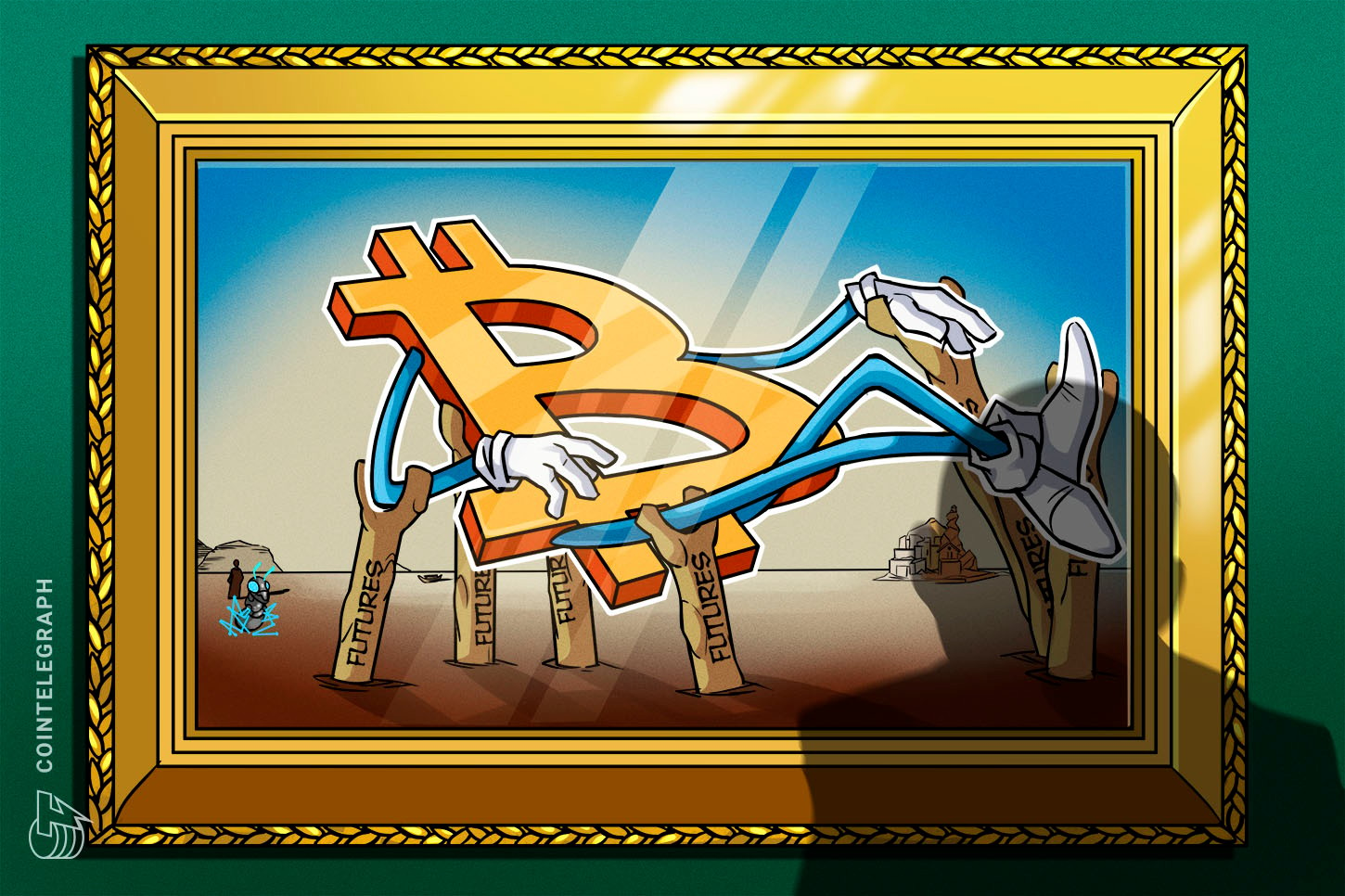Aaron Gong, vice president of futures at major cryptocurrency exchange Binance, explained to Cointelegraph how the firm managed to become one of the top crypto futures trading platforms.
As Cointelegraph reported earlier this week, Binance recently overtook BitMEX and became the second-largest platform in terms of 24-hour Bitcoin (BTC) futures trading volume. When asked whether he is surprised by such success, Gong said that the firm created the product with the plan of becoming the top Bitcoin futures trading platform:
“We knew we would be there soon, and we made it in slightly more than 6 months’ time.”
The reasons for Binance’s futures success
According to Gong, the three primary reasons behind the success of Binance’s futures products are the low taker fees, new features and a large amount of altcoin pairs. He said that too many exchanges offer negative maker fees:
“Too many other exchanges offer negative maker fees, where most orders are just computerized market makers competing for best bid and ask with extremely limited taker interest during periods of low-volatility.”
Gong also said that innovation also drives trading volumes when it comes to Binance’s futures. He claimed that the exchange has had a few firsts when it comes to the crypto futures market:
“We are the first major crypto exchange to launch max 125X leverage for BTC contracts, and the first of its kind to launch cross collateral and smart liquidation mechanism. These features have gained tremendous popularity amongst our users.”
The third reason for the success of Binance’s futures contracts, Gong explained, is the number of altcoin contracts. He said that the firm launched 24 futures contracts on the platform, adding:
“As of today, Binance Futures houses half of the top 10 most liquid altcoin contracts, many of which are also the most traded pairs amongst all futures exchanges.”
Binance’s key to future success
Gong’s strategy to drive the volume of futures contracts on Binance is to continue bringing more functionalities and products to the industry. He said that he believes Binance has outdone its competitors, as other crypto trading platforms suffered problems such as overloads, poor risk management, and counterintuitive product designs. He explained that Binance’s design was largely driven by user’s complaints about other platforms:
“We specifically aimed to address these issues and improve the users’ experience. As such, we put tremendous efforts to build an industry-leading matching engine that is able to process more than 100,000 orders per second. [...] Whilst there were issues of system overloads, outages, glitches, and even rollbacks elsewhere, we’ve proven time and again to be a safe, reliable, cheap and liquid venue for hedging.”
It is worth noting that Binance’s trading platform ran into a number of issues in February. On Feb. 19, the exchange halted trading to resolve an unexpected technical issue with its infrastructure.
As a Feb. 25 Cointelegraph analysis illustrated, this incident took place after a week in which the platform was often unresponsive to trader input as the exchange was unable to manage a large uptick in user volume.
In early March, Binance halted trading again to fix a malfunction. The exchange’s co-founder and CEO Changpeng Zhao purportedly blocked Jay Hao — the CEO of competing exchange OKEx — on Twitter, after he publicly offered to help fix the infrastructure.
However, Gong said that the malfunctions did not affect Binance’s futures trading infrastructure and that futures traders were not affected:
“Our futures system has been proving to be performing well during the most volatile period since we launched. The futures market is running on a separate matching engine.”


